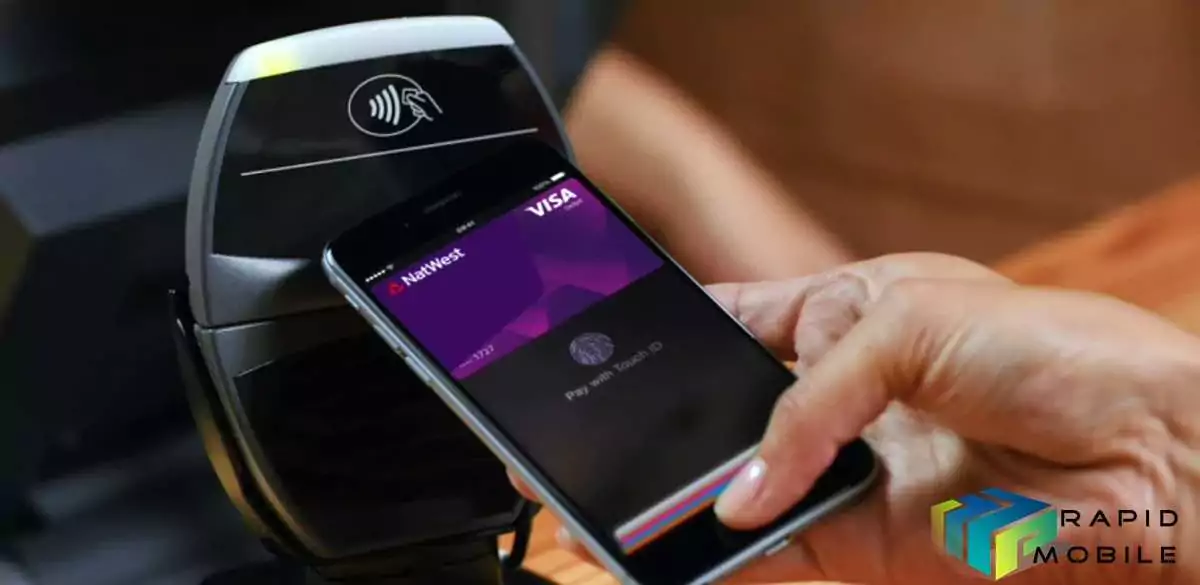Apple may reportedly open the standardised tap-to-pay technology in iPhones to competitors following an antitrust investigation by European Union officials.
The move, which follows preliminary findings in the probe delivered in May 2022, called a statement of objections, could settle the EU’s antitrust charges and eliminate a possible large fine.
The European Commission is likely to seek feedback from competitors and consumers in January before deciding whether to accept the firm’s offer. The timing of that market test and whether it goes ahead are subject to change.
NFC access
Apple Pay is used by more than 2,500 banks in Europe as well as more than 250 fintechs and challenger banks.
Last year the European Commission said the company had improperly limited competitors’ access to the standardised Near-Field Communication (NFC) contactless technology found in iPhones and iPads, instead requiring alternate payment methods to use the Apple Pay system built into its devices.
In addition to a possible large fine the probe could have forced Apple to allow rival technologies from companies such as banks to offer mobile wallets that directly access NFC on iPhones, bypassing Apple Pay.
“We have indications that Apple restricted third-party access to key technology necessary to develop rival mobile wallet solutions on Apple’s devices,” said EU competition commissioner Margrethe Vestager at the time.
“In our Statement of Objections, we preliminarily found that Apple may have restricted competition, to the benefit of its own solution Apple Pay.”
If confirmed she said the conduct would be “illegal under our competition rules”.
The European Commission said its initial findings were that the system had an “exclusionary effect” on competitors and led to less innovation and less choice for consumers.
The firm said at the time Apple Pay was one of many options available to European consumers for making payments and that its system “has ensured equal access to NFC while setting industry-leading standards for privacy and security”.
The company has repeatedly said limitations on NFC are required for security purposes.



